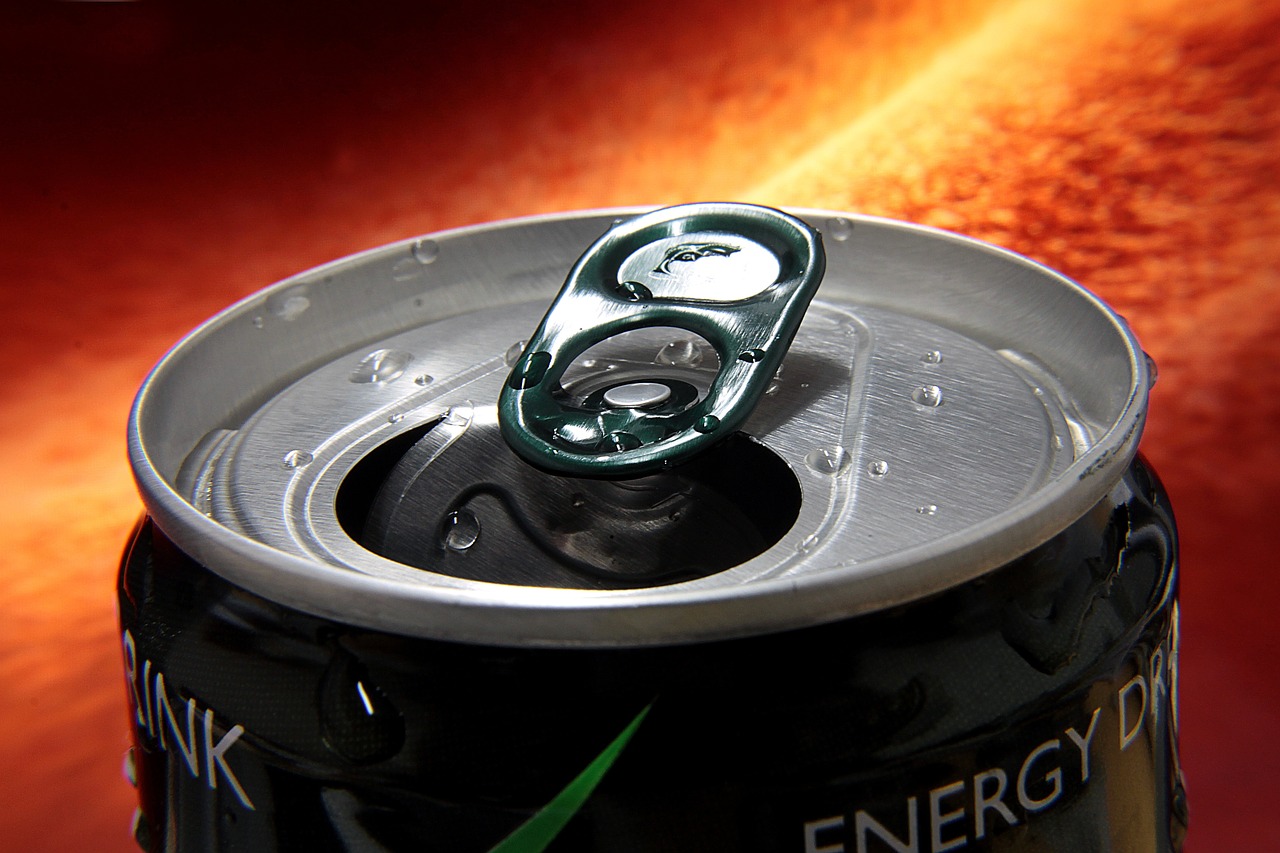9 Engaging Reasons Why You Are Craving Energy Drinks

Energy drinks have surged in popularity over the years, becoming a go-to source of energy for people ranging from busy professionals to athletes, and students. However, this rise in consumption has also led to an increase in cravings for these caffeinated beverages. Understanding the reasons behind these cravings can help individuals make informed decisions about their consumption. Here’s a detailed look at ten reasons why people might crave energy drinks.
Why Am I Craving Energy Drinks?
1. Increased Energy and Alertness
Many individuals reach for energy drinks as a quick solution to boost their energy levels and alertness. These beverages are packed with caffeine and other energy-boosting compounds that can provide a temporary lift in mental and physical performance. This makes them particularly appealing for those needing a quick pick-me-up to tackle their daily tasks or recover from a lack of sleep.
However, this reliance on energy drinks for a quick energy boost can lead to a cycle of dependence, where the body begins to crave these beverages to maintain normal levels of alertness and energy. Over time, this can lead to increased consumption as the body’s tolerance to caffeine builds, requiring larger amounts to achieve the same effects.
2. Improved Cognitive Function
Energy drinks are often marketed as products that can enhance cognitive functions such as memory, focus, and reaction time. This makes them particularly attractive to students and professionals who are looking for an edge in their studies or work. The combination of caffeine, sugar, and other stimulants can indeed improve cognitive performance in the short term, making tasks seem easier and increasing productivity.
However, the craving for energy drinks for cognitive enhancement can become problematic. As the body gets used to the stimulants, it may begin to rely on them to perform cognitive tasks at a normal level. This can create a cycle of dependence that can be hard to break, leading to regular cravings for energy drinks to maintain cognitive function.
3. Emotional Boost
For many, energy drinks provide more than just physical energy; they offer an emotional lift as well. The combination of caffeine and sugar can lead to a release of dopamine, the “feel-good” neurotransmitter, which can improve mood and provide a sense of well-being. This emotional boost is especially appealing during times of stress or when individuals are feeling down.
However, relying on energy drinks for emotional support can lead to a cycle where individuals crave these beverages whenever they need a mood lift. This can potentially lead to overconsumption and may mask underlying issues that need to be addressed through healthier coping mechanisms.
4. Social Influence
The consumption of energy drinks is often influenced by social factors. Seeing friends, colleagues, or influential figures consuming these beverages can create a sense of desire to partake as well. Additionally, the marketing of energy drinks often targets young adults and is associated with extreme sports, music festivals, and other trendy events, making them seem like a fashionable choice.
The social aspect of energy drink consumption can lead to cravings as individuals seek to fit in with their peers or emulate the lifestyles portrayed in marketing campaigns. This can encourage regular consumption, even in the absence of a physical or mental need for the energy boost.
5. Physical Performance Enhancement
Athletes and fitness enthusiasts often consume energy drinks to improve their physical performance. The caffeine and other ingredients found in these beverages can increase endurance, reduce the perception of effort, and potentially improve muscle strength and power. This makes energy drinks an attractive option for those looking to maximize their workout results.
However, the desire to enhance physical performance can lead to cravings for energy drinks before every workout session. While occasional use may not be harmful, relying on these beverages for every exercise routine can increase the risk of overconsumption and its associated health risks.
6. Habit and Routine
For many individuals, consuming energy drinks becomes a part of their daily routine. Whether it’s a morning boost to start the day or an afternoon pick-me-up, the regular consumption of these beverages can quickly turn into a habit. Once established, this routine can be difficult to break, with cravings occurring at the usual consumption times.
This habitual use of energy drinks can make it challenging to cut back or quit, as the body and mind come to expect the regular dose of caffeine and sugar. Breaking this cycle often requires a conscious effort to replace energy drinks with healthier alternatives and to address the underlying reasons for the dependence.
7. Flavor and Variety
The wide range of flavors and formulations available in the energy drink market makes them appealing to a broad audience. From tropical fruits to sour candies, the enticing flavors can create a sensory experience that goes beyond the mere desire for an energy boost. For some, the pleasure derived from the taste of their favorite energy drink can lead to cravings, much like those for a preferred snack or treat.
While enjoying the flavor of an energy drink is not harmful in itself, it can contribute to the frequency of consumption, especially if the craving is for the taste rather than the energy-boosting effects. This can lead to increased intake and the potential for overconsumption.
8. Withdrawal Avoidance
Regular consumption of energy drinks can lead to physical dependence on caffeine, with withdrawal symptoms such as headaches, fatigue, and irritability occurring when intake is reduced. For individuals who have experienced these symptoms, the craving for energy drinks can often be a means to avoid withdrawal rather than a desire for the energy boost per se.
This avoidance of withdrawal symptoms can perpetuate the cycle of dependence and make it difficult for individuals to reduce their consumption. Recognizing and addressing caffeine dependence is crucial for those looking to overcome their cravings for energy drinks.
9. Lack of Alternatives
Finally, some people crave energy drinks simply because they are unaware of healthier alternatives for energy and focus. In a culture that often prioritizes quick fixes and instant gratification, the convenience and effectiveness of energy drinks can overshadow other options such as proper nutrition, hydration, and sleep.
Educating individuals about healthier ways to boost energy and focus can help reduce the reliance on energy drinks and the cravings associated with their consumption. Encouraging a balanced diet, regular exercise, and sufficient sleep can provide more sustainable and healthier energy sources.






